When The Wiz first graced Broadway in 1975 it positioned itself as a gutsy ode to black culture. The adaptation of The Wonderful Wizard of Oz, with a book by William F. Brown and music and lyrics by Charlie Smalls, not only featured songs infused with R&B, gospel and soul but a fully black cast.It became a long-running hit, won seven Tony Awards, including Best Musical, and inspired a 1978 movie of the same name, starring Michael Jackson and Diana Ross. The Wiz’s storied beginning and genre-busting premise only makes this revival feel more deficient. Directed by Schele Williams, with updated writing by comedian Amber Ruffin, The Wiz comes to the money-spinning Marquis Theatre following a national tour which visited thirteen cities.
Williams has amped up the noise (the music was at times deafening) and color (nearly every scene, aside from the first set in a dusty Kansas, features psychedelic sets and a rainbow array of costumes). Yet The Wiz feels jaded. The original cultural punch of the 1970s production has been replaced with gaudy, empty commercialism.
Following the death of her parents, Dorothy (the earnest Nichelle Lewis) lives in Kansas with her Aunt Em (Melody A. Betts, who is far better as the kind, no-nonsense aunt than she is in her other role as the cartoonishly evil witch Evillene). When a tornado sweeps Dorothy to Oz, she teams up with Scarecrow, Tinman and Lion to pay a visit to the apparently all-powerful Wiz. Along the way, they belt out the catchy “Ease On Down the Road,” “Home” and the more mournful “What Would I Do If I Could Feel?”
Lewis is perfectly cast: she is sweet and petite enough to pass as a child, but has the big voice needed to fill the theater. Her Dorothy cares deeply about the fates of the three topsy-turvy friends who join her on her quest. Whether I did was another matter.
Phillip Johnson Richardson gives true compassion, mixed with a repertoire of one-liners, to his role as the Tinman in search of a heart. But The Voice’s Avery Wilson as a blustering Scarecrow and Kyle Ramar Freeman as a hammy Lion are just downright irritating. I had half a mind to throw them to the Wicked Witch of the West myself.
Hannah Beachler’s scenic design and JaQuel Knight’s choreography don’t help. Animated backdrops make each scene feel cheap and lazy (the Emerald City seemed to be copied and pasted from sci-fi comics) and the dancing is often distracting. When the tornado arrives, it is repre-ented by contemporary dance more fitting in a high-school play. The yellow brick road, meanwhile, is symbolized by dancers who usher Dorothy and her crew along. But their presence feels bothersome, confusing and ill thought through. (Like everything in this production, the potential for any deeper points — in this case that the yellow brick road isn’t a physical, but a mental, journey, incarnated by dynamic spirits — instead come across as a superficial design decision).
Above all, The Wiz is psychologically bland. I remember watching the 1939 movie as a child and it was genuinely terrifying: there were the creepy flying monkeys and the puckered, green-faced witch who, when she died, melted painfully into the floor, steam rising from her empty clothes. In the film The Wiz, Diana Ross’s Dorothy is a black girl from Harlem whose journey to Oz takes her deeper into a wonderful but often intimidating New York City (there are trash bins with jaws). The risk of real bodily harm in Oz has always made the journey more profound and the relief when Dorothy makes it home more cathartic.
But this Wiz has no element of danger; it feels like a farce, with the bad characters giving a naughty wink and nod to the audience. It’s also lacking the element of shame that is so important to The Wizard of Oz. When it is revealed that the wizard is a fraud, I wanted to feel a sense of mortification that we’d all been tricked, and at least some discomfort from the wizard himself.
Emmy Award-winning Wayne Brady plays the Wiz with sassy joy, and he’s addictive to watch, particularly his moves, completed with sheer unadulterated pizazz. But when he shows the four travelers what he really is, there’s no reflection or disappointment, no sadness, just self-satisfied wisecracks.
The result is a production where everything is on show, but nothing is at stake. The Wiz aims for big, bright, noisy FUN. Paradoxically, it becomes increasingly boring, as every crazy dance routine and flashy scenery change is more yawningly predictable. Even the ensemble have distractingly loud costumes and in-your-face characters, drowning out the plot and the impact of Dorothy’s journey.
I yearned for a moment of quiet, intimacy, a chance for everyone to breathe and reflect. For a real emotional journey. Williams has forgotten that less is more. As the Wiz says, gesturing to the jazzy sidekicks who support him: “It’s a lot.”
This article was originally published in The Spectator’s June 2024 World edition.



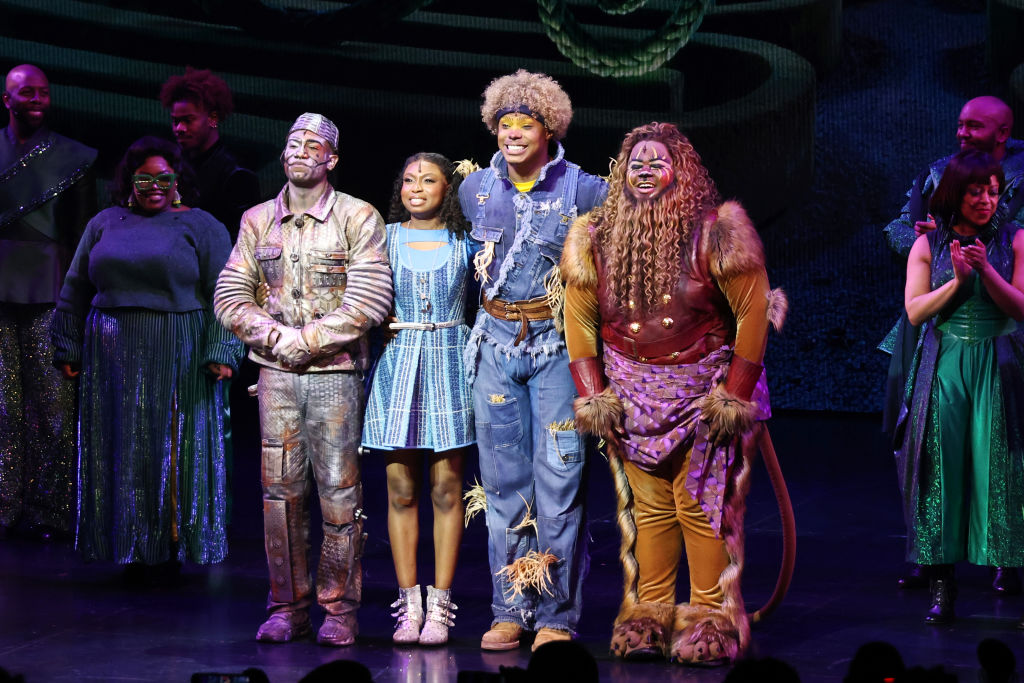


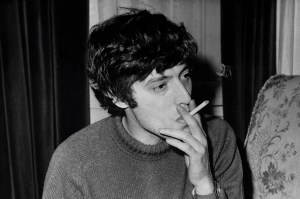
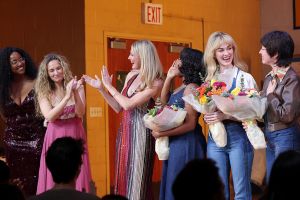
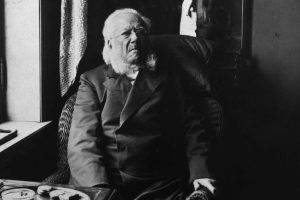
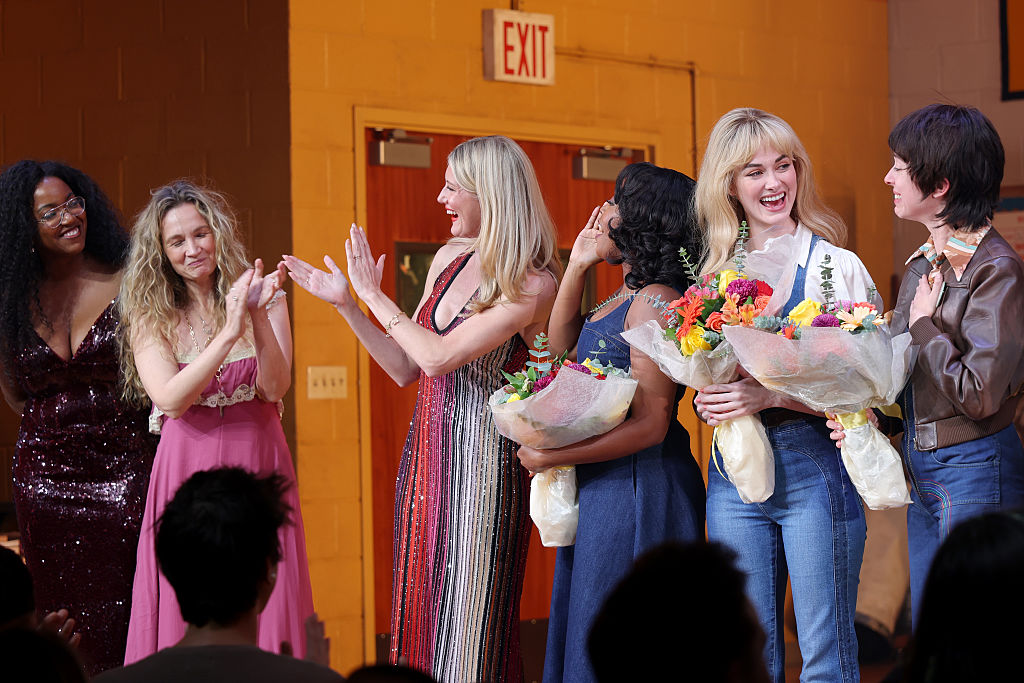
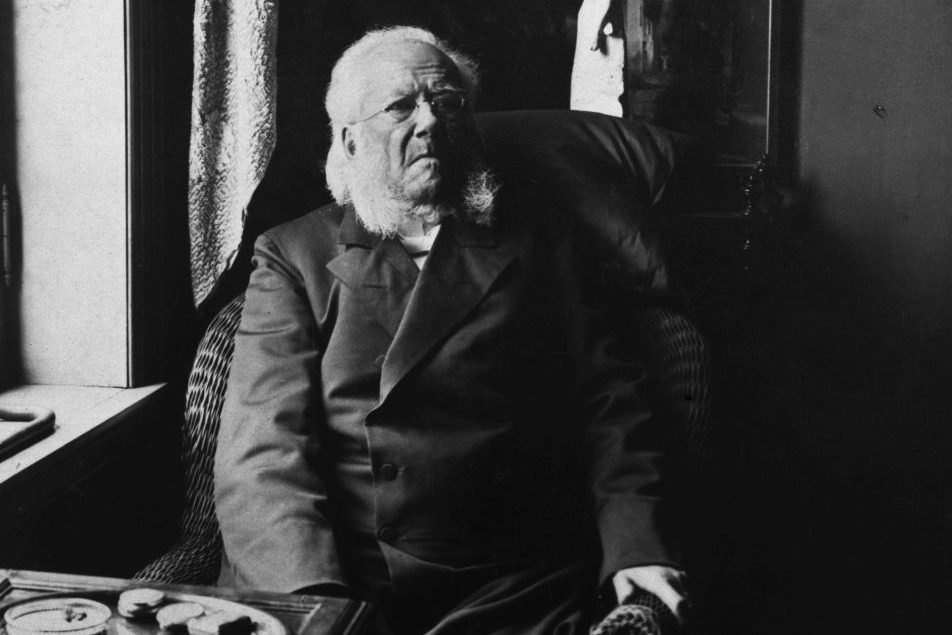

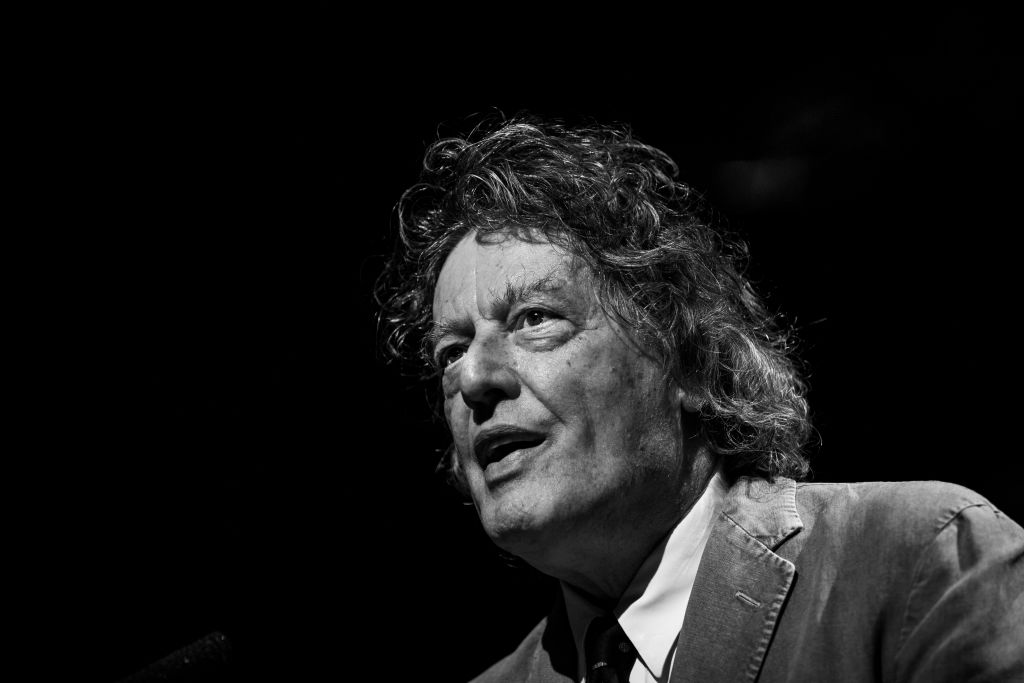
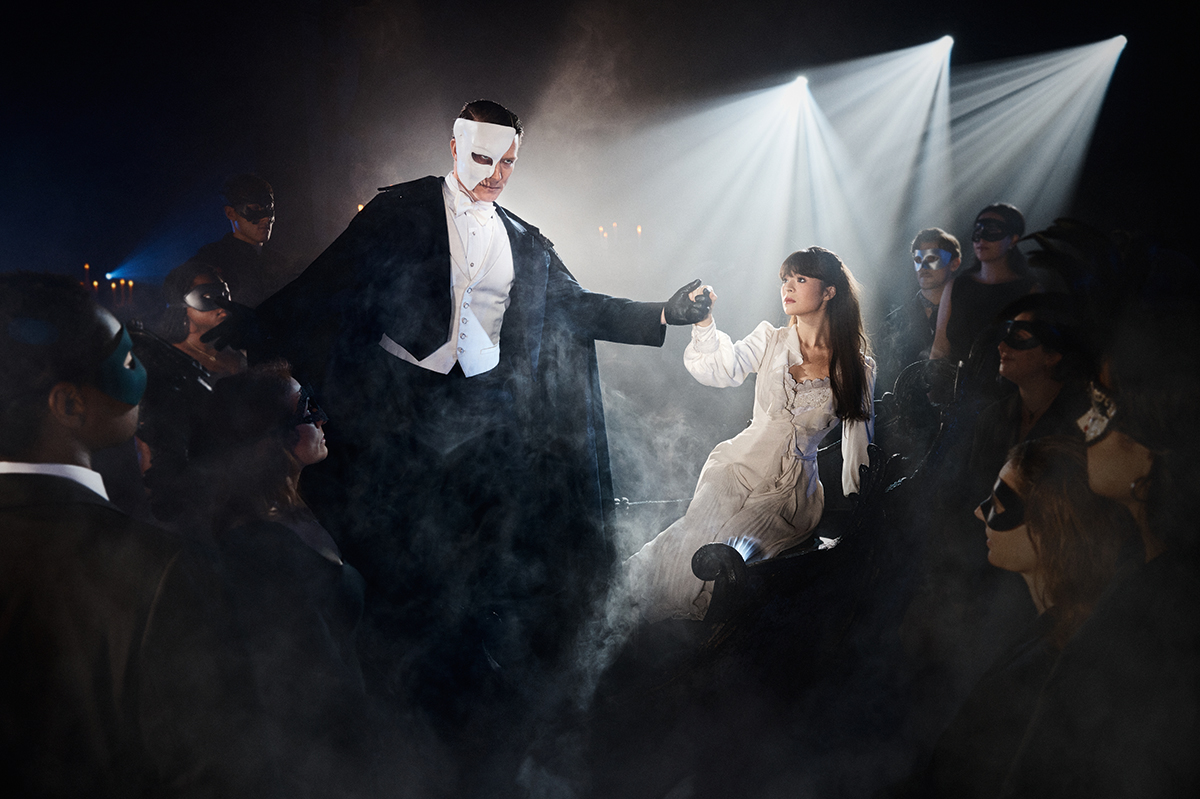
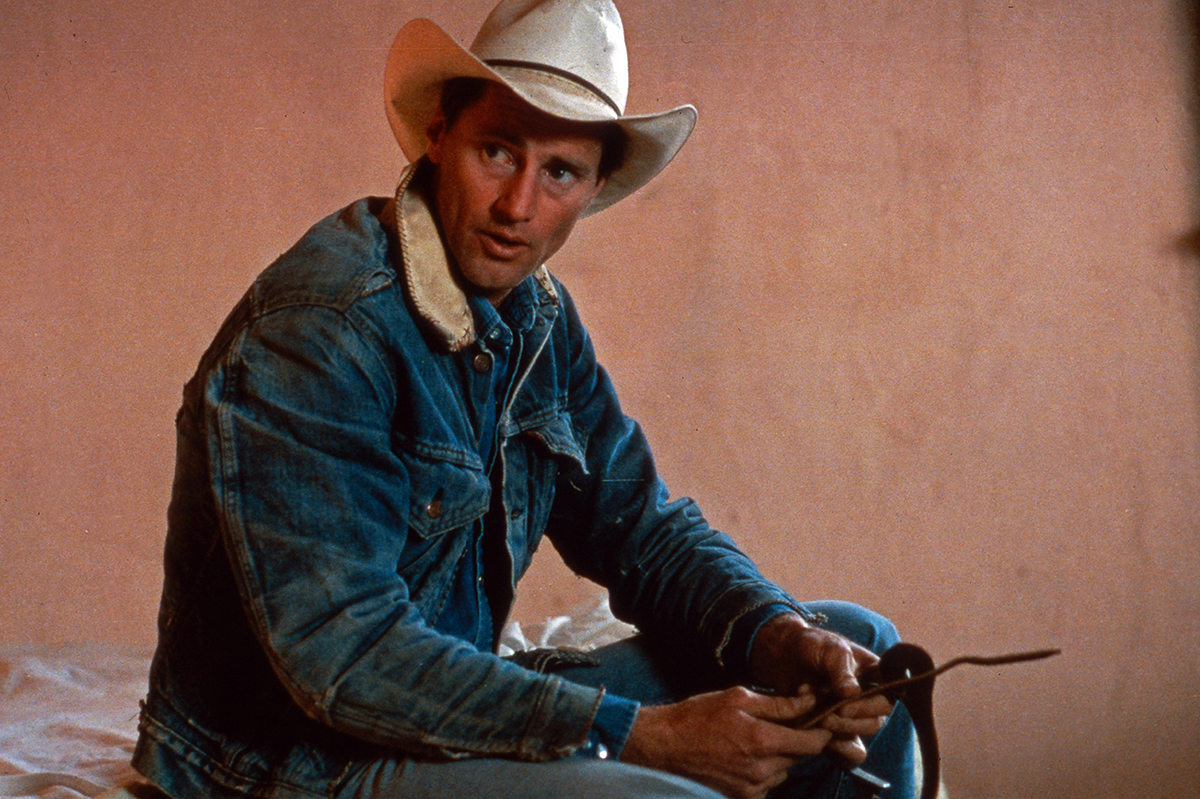







Leave a Reply